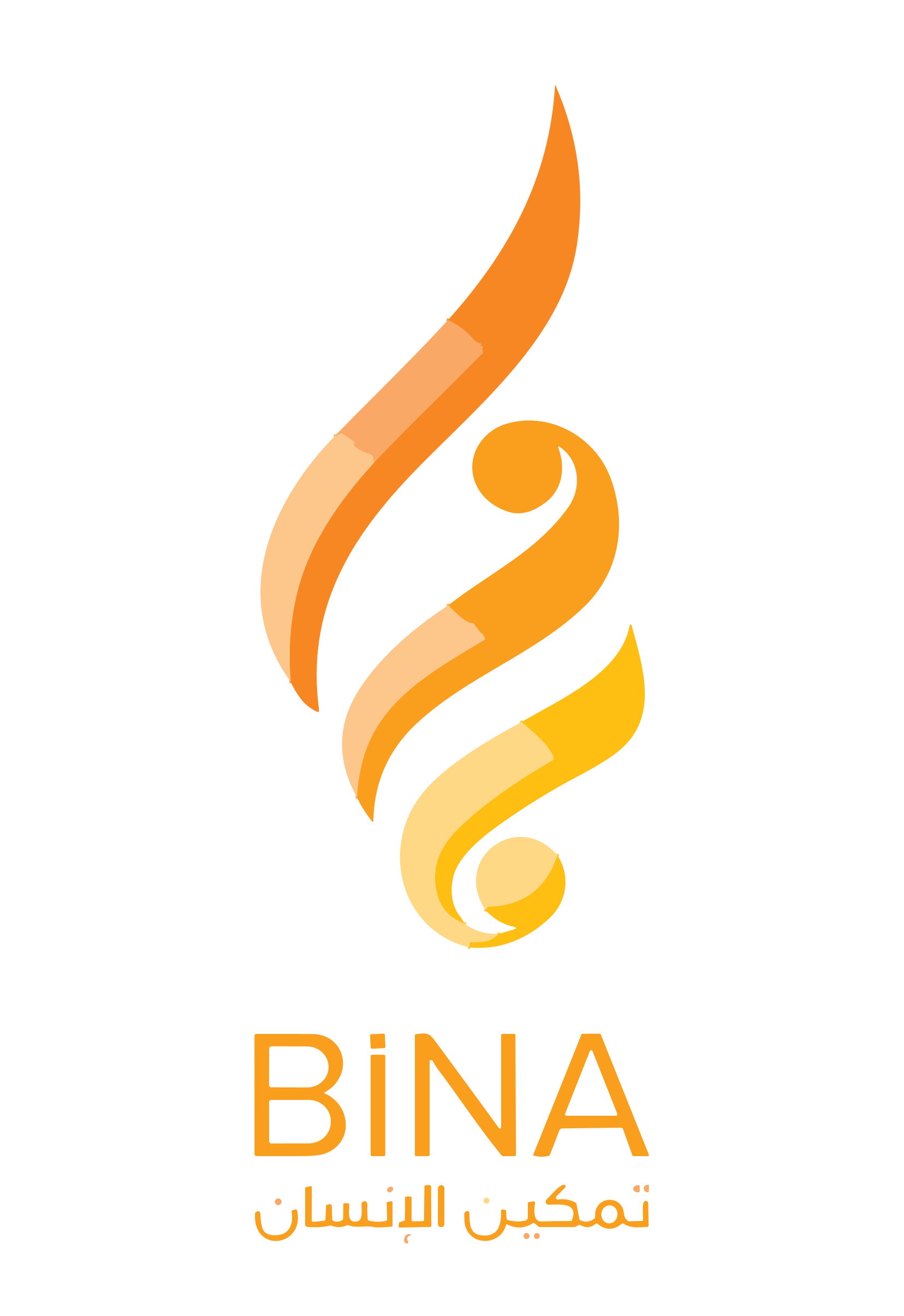My contact with human development issues began in the spring of 2003 when a friend asked me to read the book (Emotional Intelligence) by Daniel Goleman – and it was in English at the time – and come out of it with a course that I offer to the workers in his institution because he finds it difficult to deal with them, especially since most of them are painters. The painter is temperamental by nature, The Seddiqi Foundation was one of the leading Arab institutions in the cartoon film industry and was based in Damascus. I turned the book into a course (emotional intelligence at work) and became the oldest in private companies, then I worked as a model for the general public and became the oldest in private institutes. At that time, the first course in (NLP) was held in Damascus, it caught my attention that the presenter was telling us about ways to make a person able and quickly control himself and at the time of rest he smoked away from us and when one of the brothers asked him why not apply these methods to yourself to stop smoking, his answer was strange and unconvincing. What encouraged me to provide courses and lectures in the field of human development in Damascus and the rest of the governorates in the period from 2003 to 2007 is that I found it the best available field to spread my ideas about the value and dignity of the human being in light of the siege imposed by the regime on any intellectual or political activity, and I still remember the day I was giving a lecture on (the eighth habit) in Idlib in the Engineers Syndicate when a lady interrupted me and said emotionally (Doctor: Nice words, but it needs freedom) I was very pleased because this is one of the things I wanted to convey to people. I return to the subject of human development, What it has and what it owes, After attending and presenting many courses and reading many books under various headings, I concluded the following results:
- By virtue of my medical background and my study of neuroscience and my follow-up – as a hobby – of the new in these matters, The changes required to make in the human brain to acquire new habits take time and effort and cannot take place in a short time and little effort, as some human development practitioners suggest.
- Many of the things presented as facts are not based on any empirical or statistical studies, Some studies have even shown mixed results that are inconsistent with what is reported about these topics as irrefutable facts, such as the relationship of eye movement to representative systems.
- It is true that I wrote a book called (Above Emotional Intelligence – The Sweetness of Faith) in which I tried to link the components of emotional intelligence to Islam, and I still consider the book useful, but I think today that we need the methods of these sciences based on our Islamic reference first and that we as Muslims have our research, definitions, terminology and studies on this matter, This requires creativity, rooting and much more effort than simply quoting a concept from the books of Westerners and then putting its equivalent in our religion.
- Like any professional field, In the field of human development, those who do not carry a lot of knowledge entered the field, and this was helped by considering the (certificate of attendance) that is granted in these courses as a scientific certificate and naming the name of a trainer to everyone who attends several courses and takes those certificates of attendance regardless of his abilities, This has helped distort the concept of human development and made many doubt its usefulness altogether.
- Some of those attending these courses, of those whose experience in life has not yet deepened, They apply some techniques that the courses teach superficially, They add costliness and artificiality to their lives, And they complicate it.
The bottom line It is not permissible to deal with these sciences with such fascination that we take everything in them uncritically, Nor to show it entirely, Dealing with it like any other field should be done with a critical eye, It is useful here to learn about the sciences of thinking and critical thinking that teach the criteria for believing data, the difference between opinions and facts, and how to link causes to results. We must not lose sight of the fact that the refinement of souls and minds is an ongoing process that requires constant effort, and does not take place on the benches of the lesson but in the fields of life.
Yasser Al-Aiti
